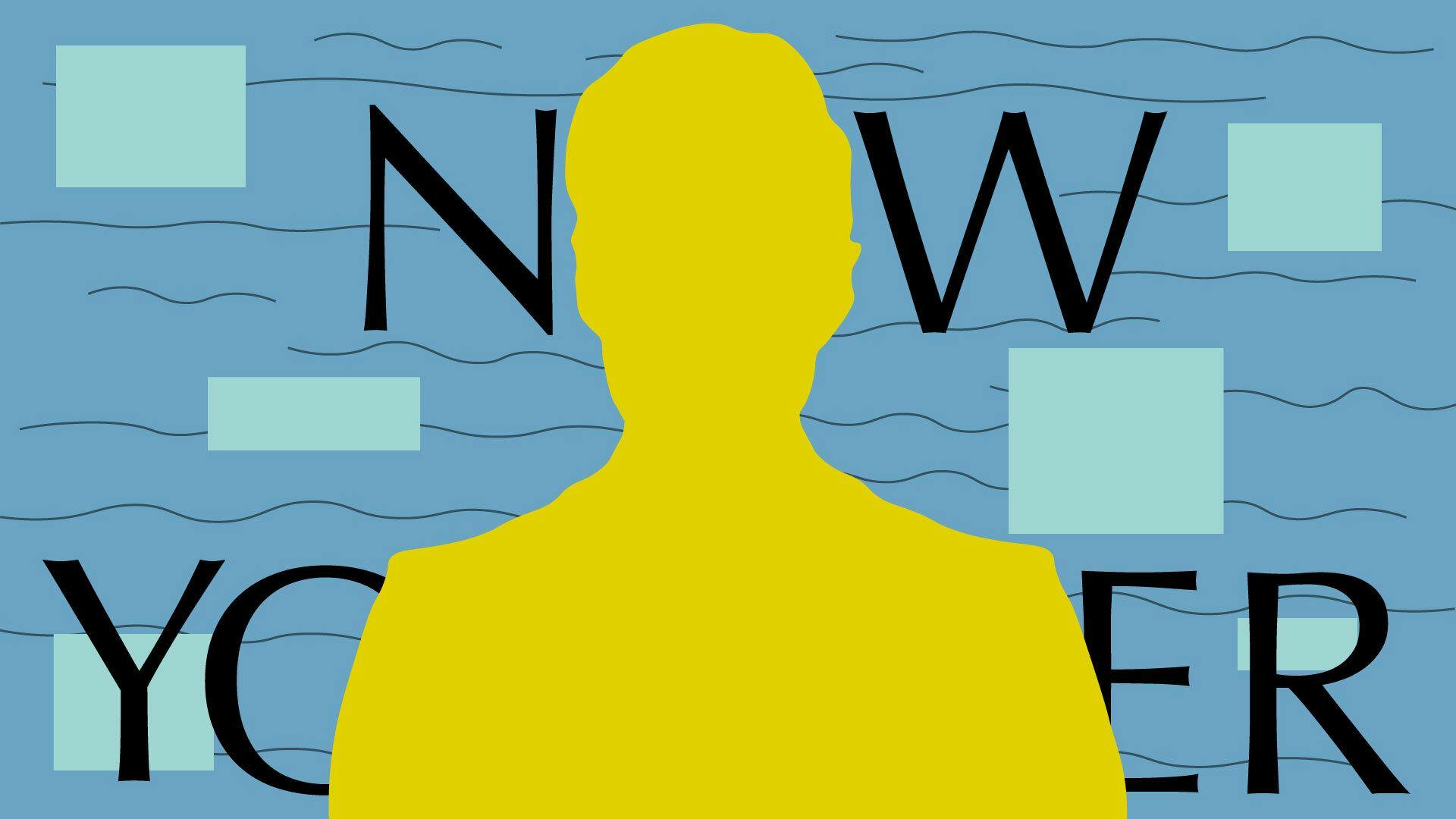After recent allegations and an admission, stand-up comedian, Hasan Minhaj is under scrutiny for for fabricating scenes and stories during his show where he allegedly claimed to experience racial discrimination that never happened.
But in a video published by Minhaj, he said he didn't "make up racism" and experienced the same discrimination outside the fabricated situations shared in his comedy specials.
"It definitely calls into question a lot of morals and ethics of comedy," digital storytelling sophomore Rachel Kozlowski said.
Kozlowski is the producer of Sideshow, Michigan State Telecasters comedy sketch show.
"I mean, obviously he embellishes some of his stories, no one expects stand up comedy to be 1,000% true,” she said. "But the more I read into exactly what I saw Minhaj embellishing, I was quite uncomfortable … because his comedy was focusing on real people."
One of Minhaj’s stories that concerned Kozlowski was about a prom date rejection. In the story, Minhaj said he showed up to his date’s doorstep to find another boy putting a corsage on her wrist. His date told him they could not go to prom together because her parents didn’t want their daughter to "take pictures with a brown boy."
The story from the special led Minhaj’s friend to receive threats from fans for years.
"She said she received so much harassment for months on end, … and if that (story) is not what happened, I think that's completely unacceptable," Kozlowski said.
Kozlowski said sketches in Sideshow attempt to make a positive change for marginalized communities through humor.
"I will always say comedy is a very important social tool, and it's how we critique what's wrong with society," Kozlowski said. "It can be a very important tool for communicating emotional truths and just the human experience."
Kozlowski said Sideshow writers make fun of people in power rather than using personal anecdotes like Minhaj, in a technique called "punching up."
"Punching up is trying to critique those systems of power, critique how people use those powers and trying to give a voice to the underdogs, per se," she said.
An example of punching up in a Sideshow sketch that Kozlowski shared was "Lemonade Felony," where a girl running a lemonade stand was arrested by police for operating an unlawful business.
"Punching up is something we tend to do a lot when (we) are talking about social issues," said Delaney Hudson, president of Michigan State's Roial Players Improv. "We never want to punch down because that's just kind of being an asshole."
Hudson said she wasn’t initially concerned with Minhaj’s storytelling because making up stories is a normal part of improvised comedy.
"Most stand-up is at least embellished if not made up stories," she said. "And a lot of comedy kind of follows that trope because you're trying to tell a story to have a punchline."
Hudson said she believes Minhaj sheds light on important social issues in the country, but in an unproductive way.
"I think that it did push the narrative he wanted, which is for people to see that (racism) is a problem in America," Hudson said. "It is a problem, but when it comes from an untrue place, it makes it harder to believe things when they do happen."
Hudson said her improv team avoids perpetuating stereotypes by avoiding jokes that aren't based on their experiences.
Additionally, the team tries to stay away from the topic of current conflicts because "you never know who's going to be in your audience."
Support student media!
Please consider donating to The State News and help fund the future of journalism.
Another member of Roial Players Improv, psychology junior Hannah Greenspan, said she uses her identity as a Jewish student to highlight the hypocrisy and irony of antisemitism.
"I think using comedy to highlight hypocrisy is okay, and I feel like that would help to give voice to the Jewish community, in a way," Greenspan said.
Greenspan said she acted in one scene concerning antisemitism about the North American Zoo Initiative, with its acronym being NAZI.
"It was talking about racing otters, and which was the better race," she said. "It was a tough one, but I felt okay doing it."
When Greenspan’s improv team feels like a joke may have crossed a line, they are prepared to prevent it from negatively impacting the audience.
"We know how to voice when something is said that shouldn't have been said, and we know how to walk it back," Greenspan said. "If it does get offensive, we actually have a code word. When someone says ‘Oi Ve!,’ it lets someone in the scene know that they should back it up."
Greenspan said anyone can make jokes about the truth, and that Minhaj shouldn't have to bend the truth onstage.
"There's no reason that you should be saying something that isn't your experience, because you can take your own experiences and make them funny," Greenspan said.
Discussion
Share and discuss “The ethics of comedy: Students react to Hasan Minhaj’s stand-up allegations” on social media.







